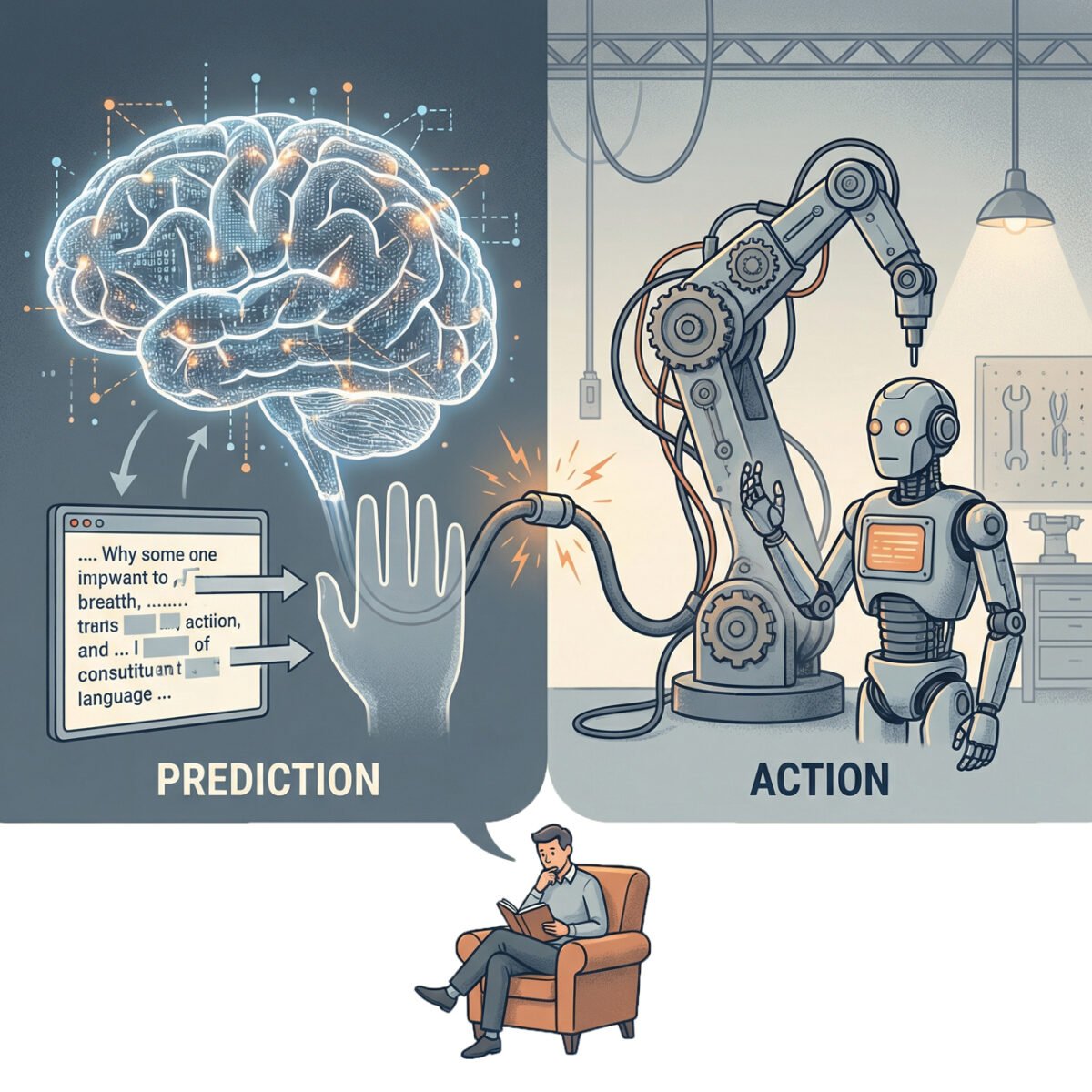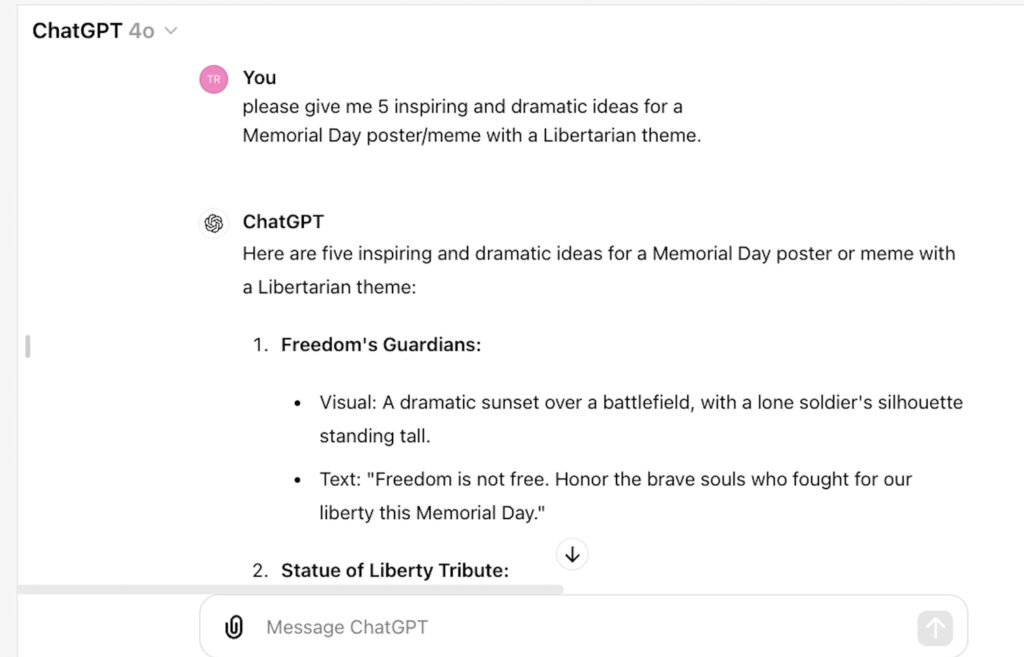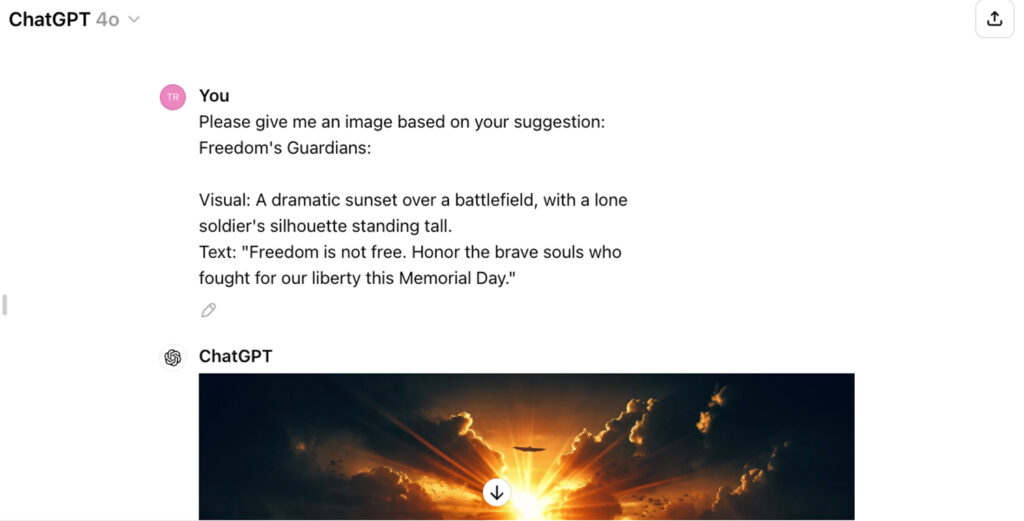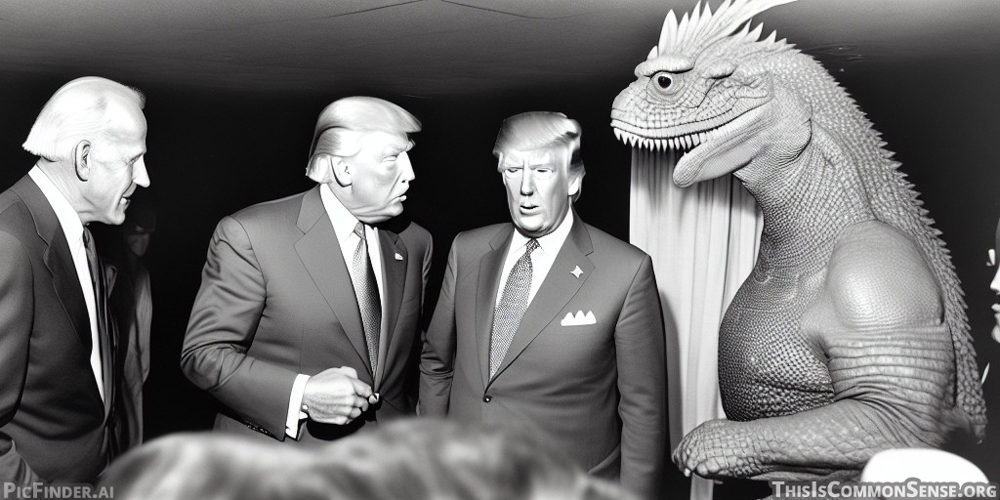People should be free to talk to each other about whatever they want as long as they’re not thereby conspiring to rob and murder and so forth. They should even be able to give advice.
Including legal advice.
New York State disagrees.
The Institute for Justice is asking the U.S. Supreme Court to let the non-lawyer volunteers of a company called Upsolve keep giving advice to people facing lawsuits to collect debt.
As IJ explains, New York State is trying to “protect people from hearing advice from volunteers” who have relevant training. The point is that the First Amendment “doesn’t allow the government to outlaw discussion of entire topics … by requiring speakers to first obtain an expensive, time-consuming license.” (That Upsolve’s advisors have relevant training is relevant but also superfluous. Even untrained talkers have the right to talk, obviously.)
In 2022, a federal district court agreed with the plaintiff that its volunteers have a First Amendment right to speak and let Upsolve operate as litigation continued. Then a court of appeals ruled against Upsolve. Now IJ and Upsolve hope that the U.S. Supreme Court will step in and put an end to the nonsense.
We know what this is about: politicians catering to lawyers who don’t want less expensive sources of legal advice out there competing for customers.
It’s certainly not about protecting those who would have one fewer resource to turn to were this one taken away.
This is Common Sense. I’m Paul Jacob.
Illustration created with Nano Banana
See all recent commentary
(simplified and organized)
See recent popular posts













